Antipopes of the Antichurch
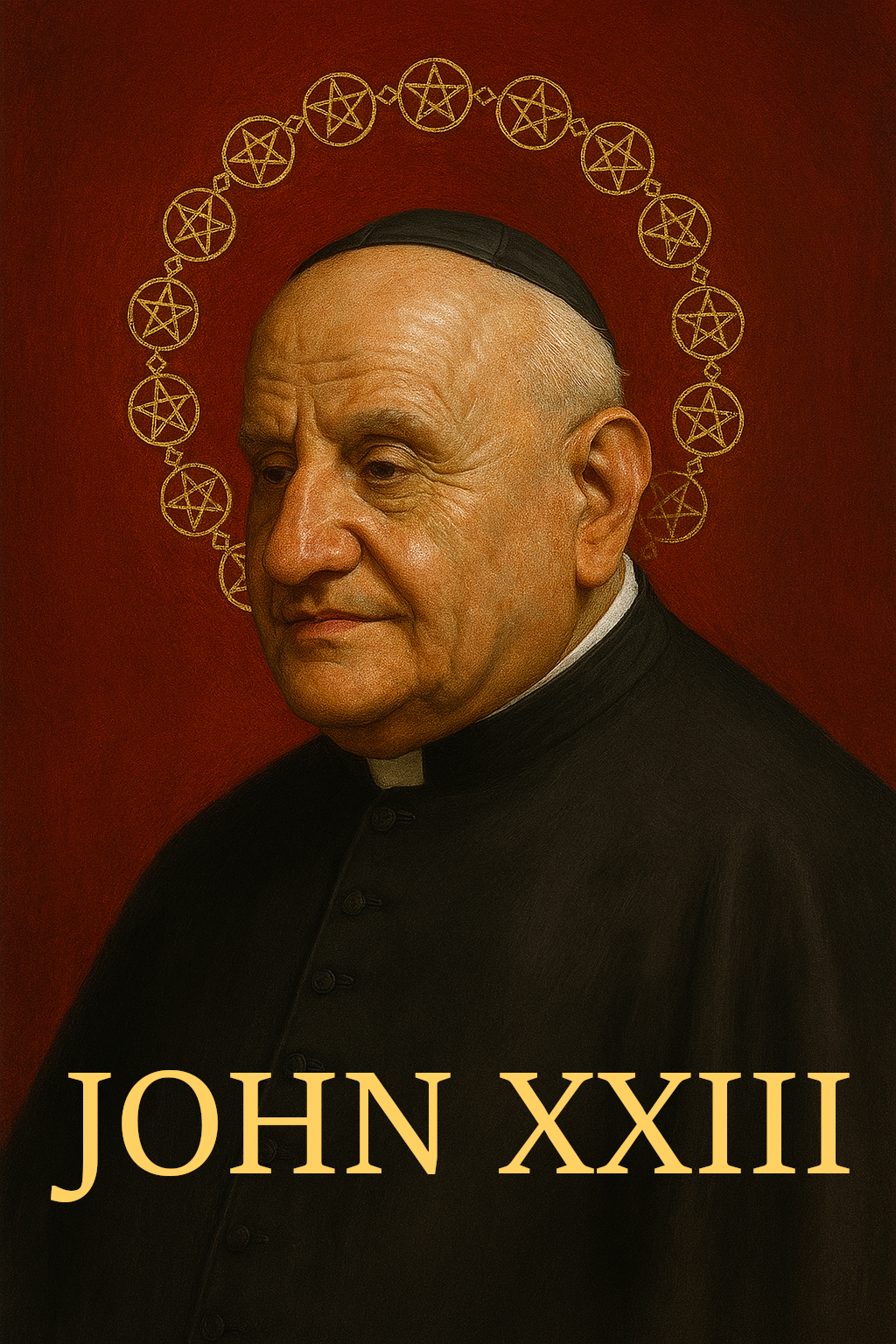
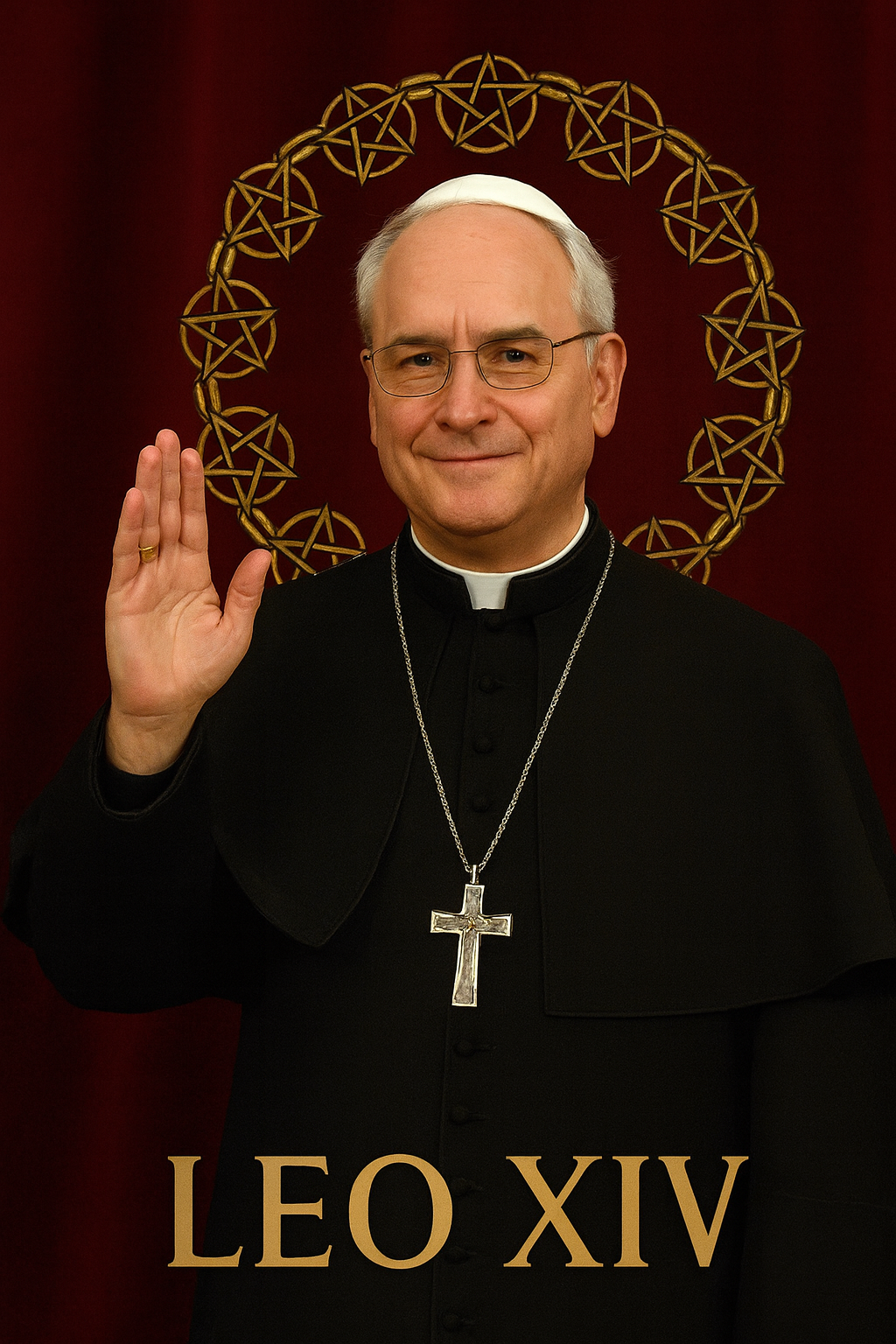


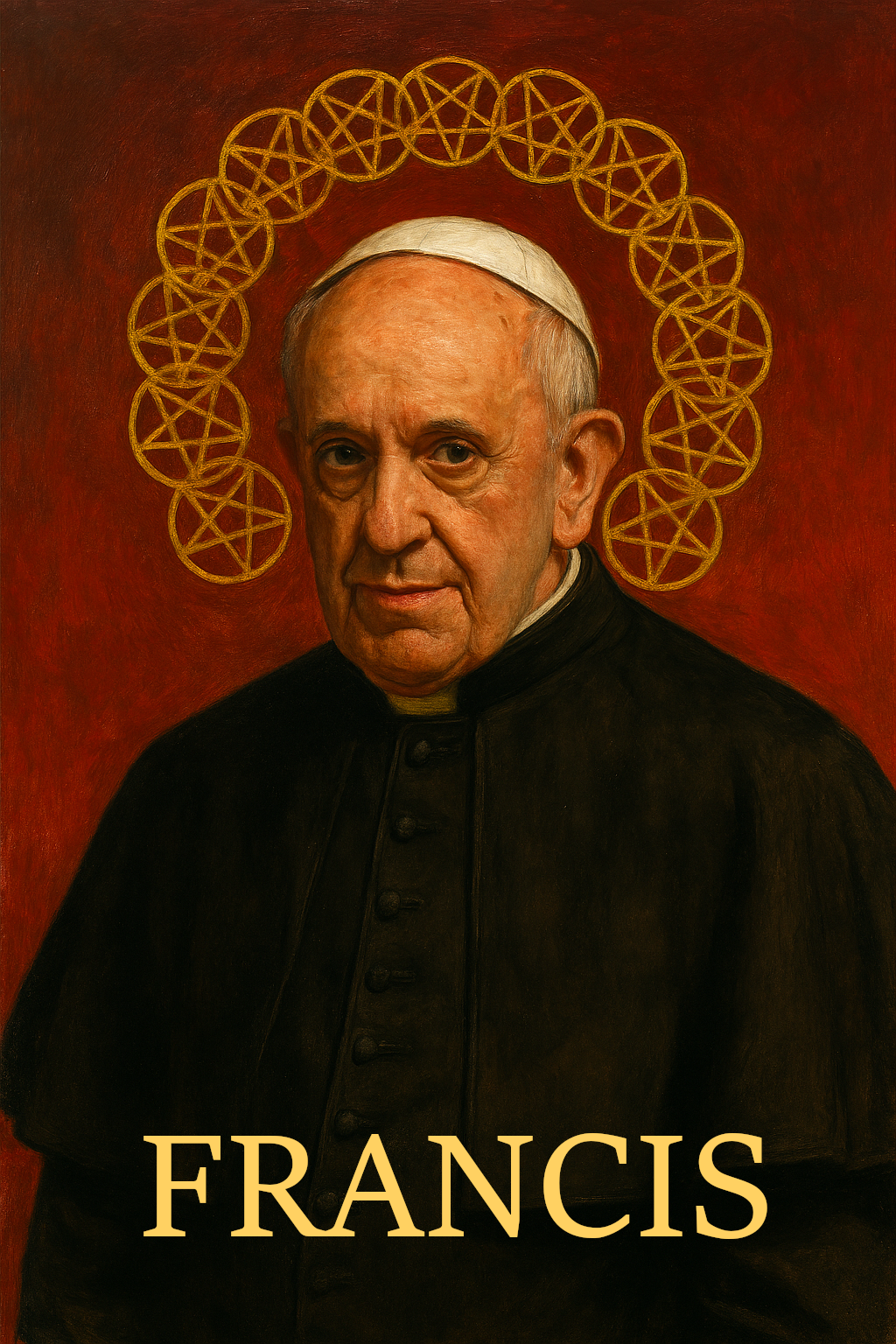


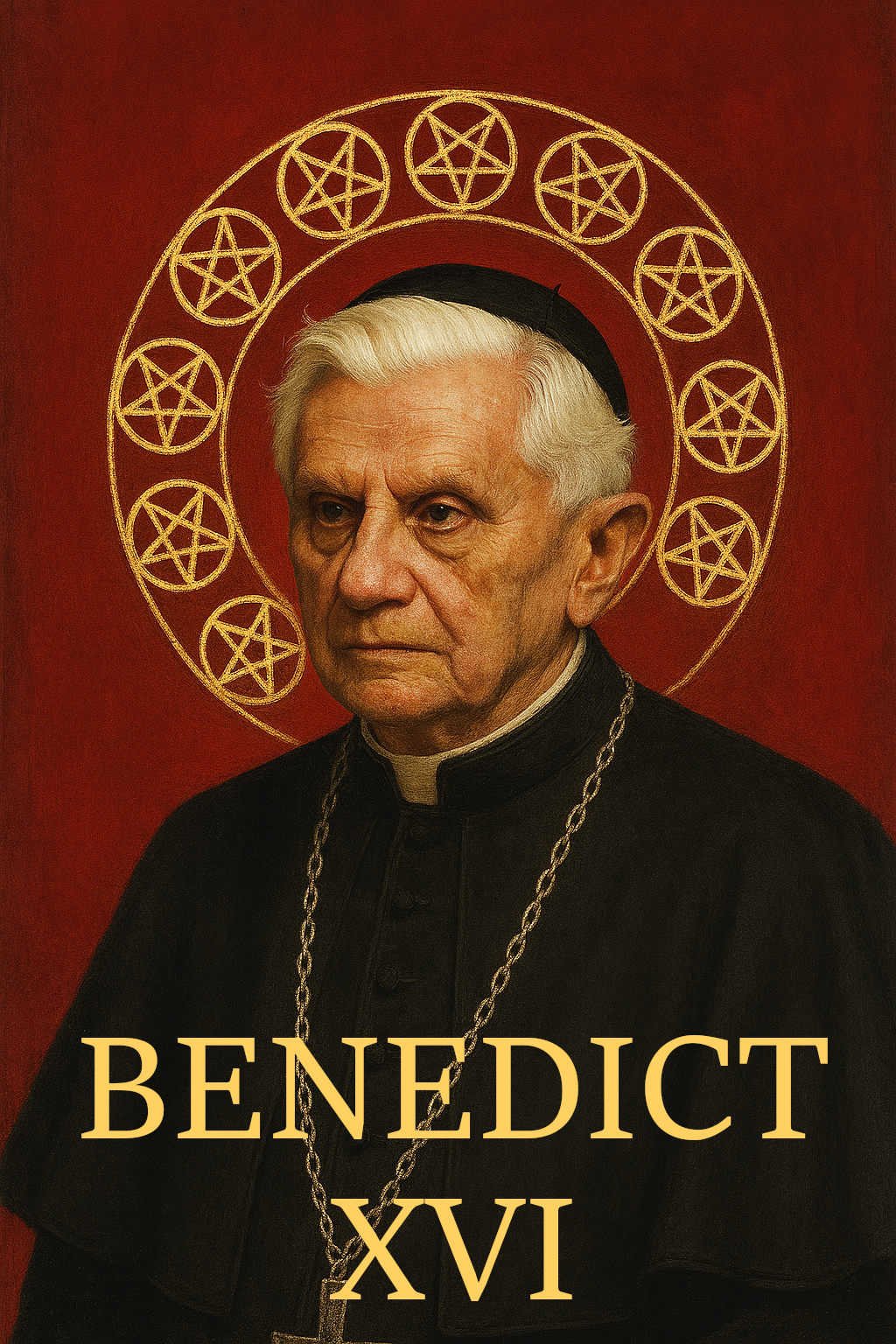


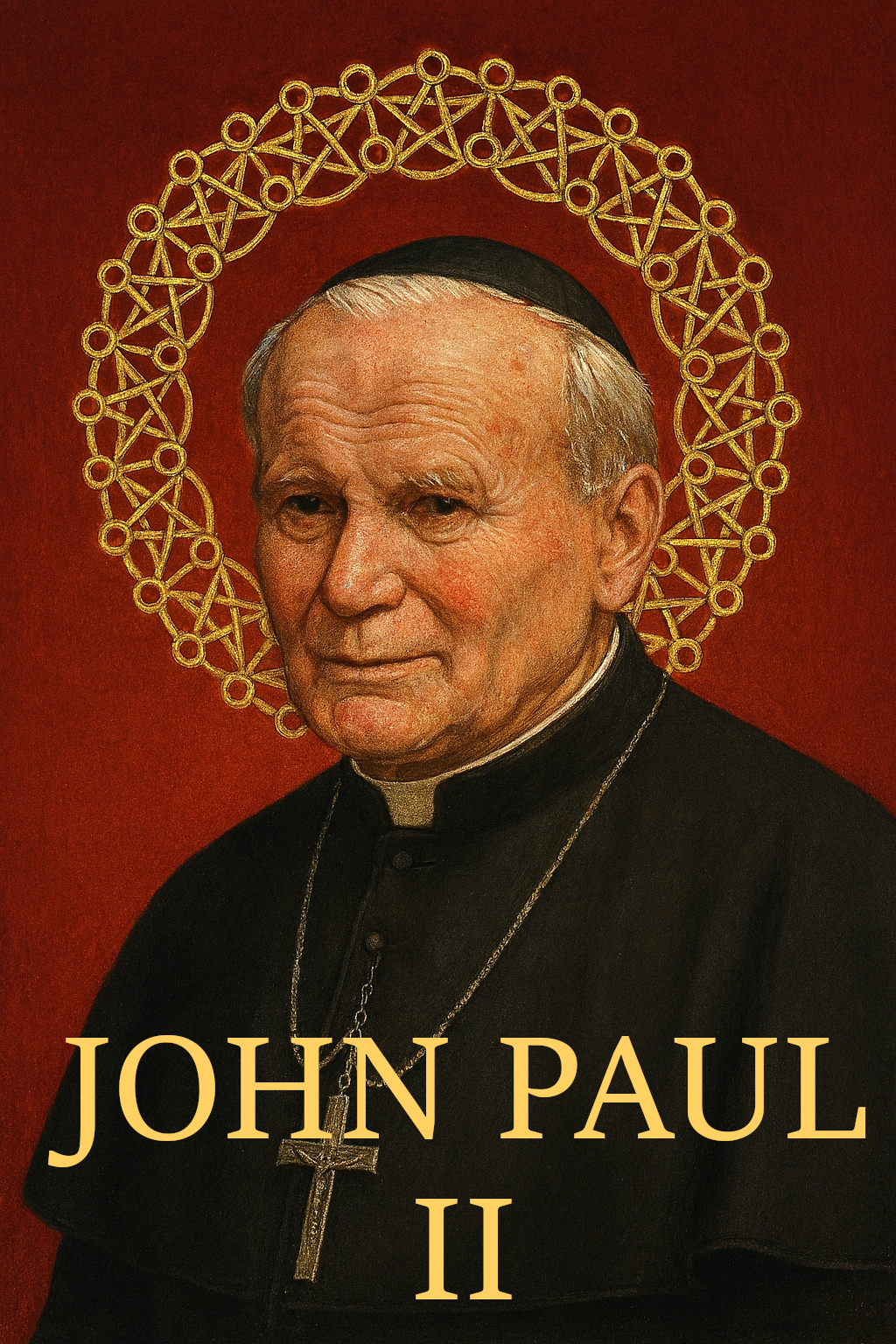





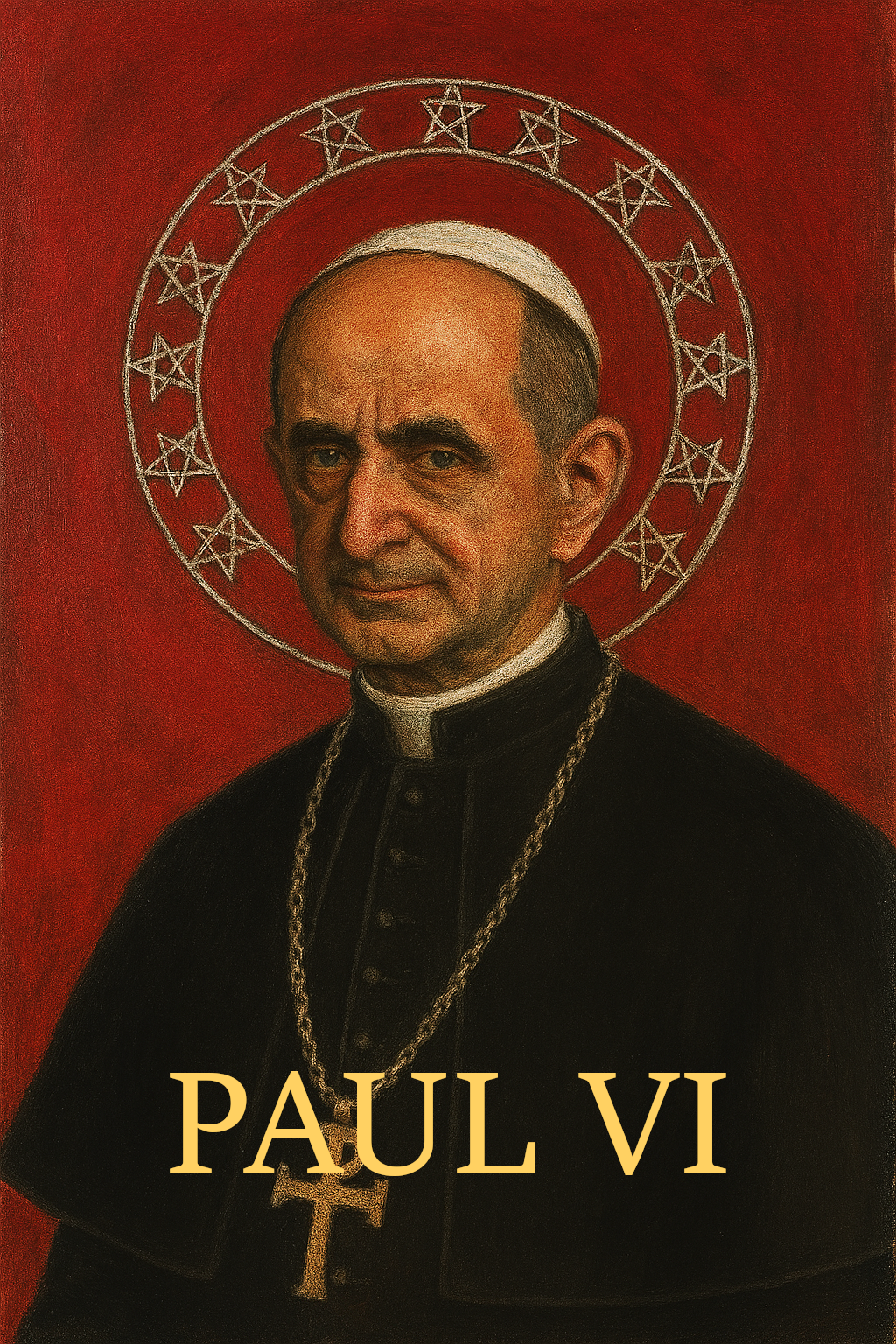


Timeline of this heretical pontiff
Encyclical Letters
+ 15 posts1959
+ 7 posts1961
+ 4 posts1962
+ 2 posts1963
+ 2 postsApostolic Exhortations
+ 3 postsApostolic Constitutions
+ 93 posts1958
+ 6 posts1959
+ 87 postsMotu Proprio
+ 15 posts1958
+ 1 posts1959
+ 1 posts1962
+ 11 postsApostolic Letters
+ 151 posts1958
+ 4 posts1959
+ 63 posts1960
+ 78 posts1961
+ 1 posts1962
+ 4 posts1963
+ 1 postsSpeeches
+ 99 posts1958
+ 2 posts1959
+ 26 posts1960
+ 29 posts1961
+ 16 posts1962
+ 24 postsMessages
+ 6 posts1959
+ 4 postsHomilies
+ 4 postsLetters
+ 152 posts1958
+ 1 posts1959
+ 48 posts1960
+ 32 posts1961
+ 31 posts1962
+ 30 posts1963
+ 10 postsNot categorized
+ 1 posts1958
+ 1 postsNews feed
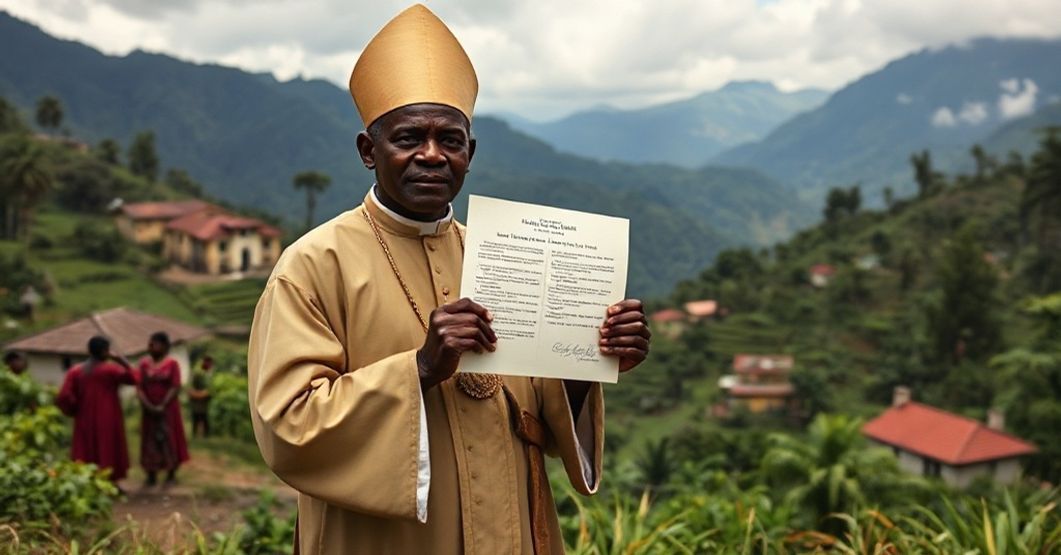

Constitutio Apostolica NGOZIENSIS – KITEGAËNSIS (1959.06.11)
The text establishes, by decree of John XXIII, a new Apostolic Vicariate of Usumbura (in then-Ruanda-Urundi) carved out of the Vicariates of Ngozi and Kitega, entrusted in principle to indigenous clergy, with the usual juridical rights and obligations of such missionary circumscriptions; it presents this purely administrative act as an expression of zeal for the propagation of the faith and local ecclesial maturity. In reality, it is an early and highly symptomatic piece of the conciliar revolution: a technocratic partition of territories that cloaks the demolition of authentic Catholic mission under the rhetoric of decentralisation, promotion of indigenous elites, and subjection of the Church to the geopolitical designs of the same forces condemned by Pius IX and St. Pius X.


LA IOANNES PP. XXIII NUNTIUS RADIOPHONICUS (1959.08.20)
John XXIII’s 1959 radio message to the Marian Congregations gathered in Novara is a brief, ornate exhortation that praises their zeal, presents them as a disciplined “pious militia” within the Church, urges total Marian consecration, and reads the contemporary age as specially “Marian,” calling them to spread devotion to the Blessed Virgin and to adapt their lay apostolate, in organized fashion, to the circumstances of modern times. Behind this seemingly pious rhetoric stands the proto-program of the conciliar revolution: the instrumentalization of Marian devotion to prepare a laicized, anthropocentric apostolate, detached from the integral doctrine of Christ the King and subordinated to the soon-to-emerge neo-church of Vatican II.


Insularum Salomonicarum (1959.06.11)
The document “Insularum Salomonicarum” (11 June 1959), issued in Latin under the name of John XXIII as an apostolic constitution, performs a seemingly technical act: it detaches specified islands of the Solomon archipelago from the existing Northern and Southern apostolic vicariates and erects a new apostolic vicariate of the “Western Solomon Islands,” entrusting it to the Dominicans, with the usual juridical faculties and obligations. It wraps this territorial rearrangement in language about the limitless expansion of the Kingdom of Christ and exhorts the missionaries to make the fertile lands of the Solomons rich in Christians, legally armoring the act with the standard formulae of papal authority and canonical penalties.
Behind this façade of administrative piety stands the incipient program of the conciliar revolution: the instrumentalization of ecclesiastical structures to prepare the global neo-church, already embryonic in 1959, which would soon betray the Kingship of Christ and dissolve the very missionary mandate it claims to advance.


Veni Creator Spiritus (1959.05.17)
On May 17, 1959, during Pentecost, John XXIII delivered a brief radio message concluding a pan-European broadcast of the hymn Veni Creator Spiritus, sung in seven major churches and commented on by local prelates. The text evokes the Cenacle, compares the radio event to the multinational wonder of Acts 2, praises a “new song” of charity, unity, peace and victory, and ends with a Trinitarian profession and blessing.
Varia
Announcement:
– News feed –implemented
– Antipopes separate web sites with their all documents refutation – in progress
